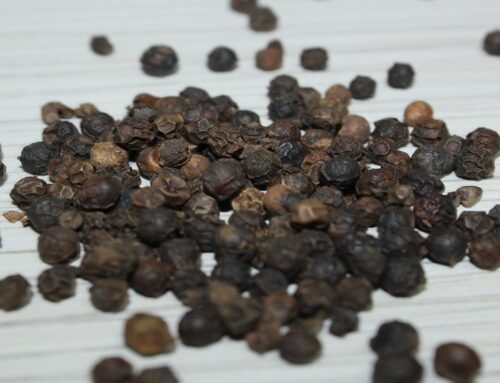The origin of organic farming can be traced back to 10,000 years ago, to the Neolithic period of ancient civilizations like Mesopotamia, Hwang basin etc. The very evolution of agriculture over the millennium shows its organic roots. Ancient Indian literature like Rigveda, Ramayana, Mahabharata, Kautilya Arthasashthra etc. briefly mention use of organic inputs. Organic farming is based on the principle of health, ecology, fairness and care. Organic agriculture intends to provide high quality and nutritious food, without compromising on health and well-beings of human beings. It is a holistic management system, enhancing well-being of the entire agro ecosystem, including its biodiversity, soil biological activity and biological cycle.
Advantages of Organic Farming
- Reduces production cost by 25-30%, by avoiding synthetic fertilizers and pesticides
- Retains 40% more topsoil, thereby increasing crop yield up to 5 fold within five years
- Reduction in water use, soil erosion, nutrient management with cheaper resources, makes it more profitable
- Soil fertility is maintained in the long run
- Cattle grazing on organic farmlands are found to produce more healthy milk
- Organic products do not contain any preservatives or artificial flavors
- Organic products are more healthy and nutritional, due to absences of any synthetic chemical residues
Disadvantages of Organic Farming
- Initial yields are less, is more labor-oriented and time consuming
- Organic fertilizers release slowly, hence several applications will be required to get the desired effect
- Extensive knowledge is required to produce and certify organic
We regularly publish informative videos on various “Food, Agriculture, Gardening and Horticulture” topics. You may view these videos here…
You may also check out our Digital Publishing Services for Food, Agriculture, Gardening and Horticulture Sector by visiting this link







Leave A Comment
You must be logged in to post a comment.